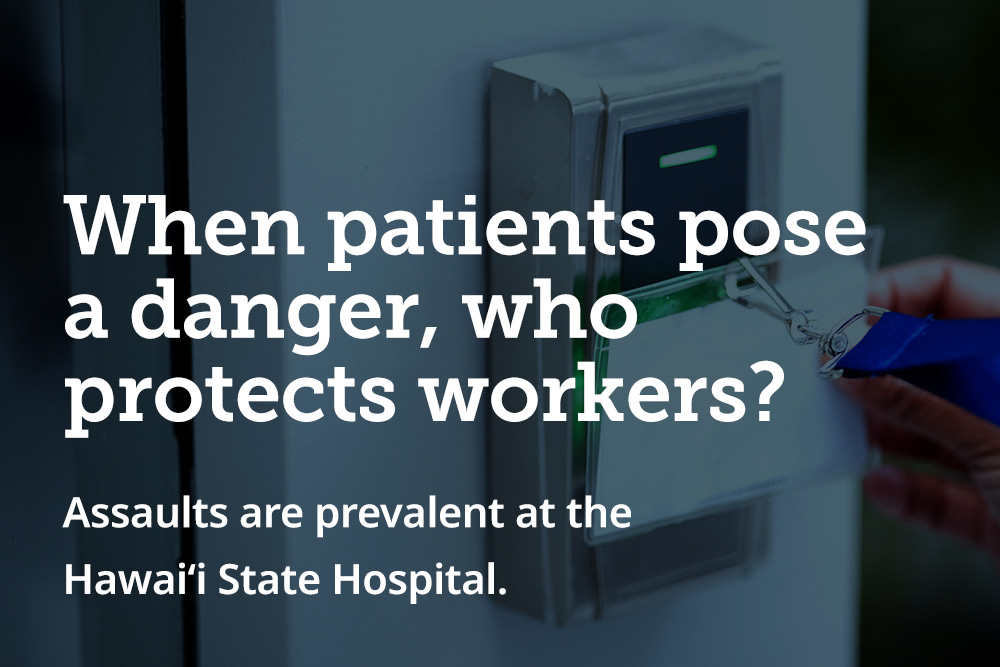
Cesar Chavez captured the public eye in the late 1960s. Born in Arizona at the beginning of the Great Depression, Chavez and his family moved to California after losing their farm when he was 10 years old. The Chavez family got by as seasonal migrant farm workers witnessing firsthand the injustices of life in the agricultural business, or "agribusiness” as Chavez called it. Combining a strict philosophy of non-violence and a strong work ethic, Chavez organized his fellow farm workers and took a stand against the agribusiness industry and its abusive practices. Poor working conditions and unlivable wages would no longer be tolerated.
In 1968, with the support of his United Farm Workers (UFW), Cesar Chavez led a very successful national boycott of California's grape growing industry. In 1970, the grape growers began bending to the will of the farm workers. And in 1975, the farm workers' power was confirmed when the California Agricultural Labor Relations Act was passed, giving farm workers the right to unionize.
Despite the early victories for farm workers' rights, increased use of toxic chemicals meant to control pests on commercial farms continued to be a major health hazard for farm workers and their families. In 1986, Cesar Chavez kicked off his "Wrath of Grapes” campaign. Traveling around the country, he delivered a powerful speech that once again shed light on the plight of the farm worker. Specifically he drew attention to the use of dangerous pesticides and how pesticide drift and lingering pesticide residue was poisoning farm workers and their children.  In his speech, Chavez states that he and the other farm workers ". . . were the first to recognize the serious health hazards of agriculture pesticides to both consumers and ourselves.” These health hazards include birth defects to children born to mothers and fathers who were exposed to these pesticides while working in the fields.
Tragically, Cesar Chavez passed away at the age of 66 before his Wrath of Grapes movement against dangerous pesticides could gain the traction that his earlier movement had achieved. While the movement may have slowed, Chavez's message of justice for farm workers lives on.
In his famous Wrath of Grapes boycott speech, Cesar Chavez said that the battle against the use of harmful pesticides "is a battle that none of us can afford to lose because it is a fight for the future of America. It is a fight we can win and it is a fight that everyone can join.” The attorneys at Waters Kraus & Paul have joined in this fight, and are committed to winning it. They fight using the same characteristics that made Cesar Chavez's campaign for workers' rights so successful –relying on nonviolence by utilizing the legal system to demand the justice that families injured by pesticides deserve. This is done with a tireless work ethic that shows in the firm's track record of successful litigation. Waters Kraus & Paul believes in holding farm owners and corporations responsible for the harm that has befallen the families of farm workers as a result of pesticide exposure caused by dangerous working conditions. The firm believes that in doing so we can change the safety standards in the agricultural industry for the better.
Cesar Chavez's movement was not only a struggle for a goal, but also a struggle for a cause. The birth defect attorneys at Waters Kraus & Paul make it their goal to litigate for compensation for the families of each injured child that they represent. They also fight for the cause of freedom for farm workers and their families from the unjust health hazards and injuries caused by pesticides in the fields.
Families shouldn't have to be put through the financial and emotional struggle that comes with birth defects, especially when these birth defects can be prevented by their employers. There have been many studies conducted on the chemicals used in pesticides that have been found to be toxic to humans, some of these include:
- Captan - a proven cancer causing and birth defect producing agent. (Fungicide)
- Glyphosate – a chemical found in Roundup® has been found to damage cell DNA in embryos.
- Goal, Honcho & Pro 90 – pesticides with confirmed links to birth defects and childhood cancer.
If you find yourself working near these pesticides or chemicals in the fields, make sure you and your employer are taking the correct precautions to protect yourself and future family members.
Unfortunately, the fight for these basic rights and safety regulations is far from over, as companies continue to put money over the well being of their employees. Prenatal exposure to toxic chemicals is something that should and can be avoided. Unless farm workers are properly protected, the chemicals in pesticides can be carried through mother or father leading to pesticide induced birth defects.






